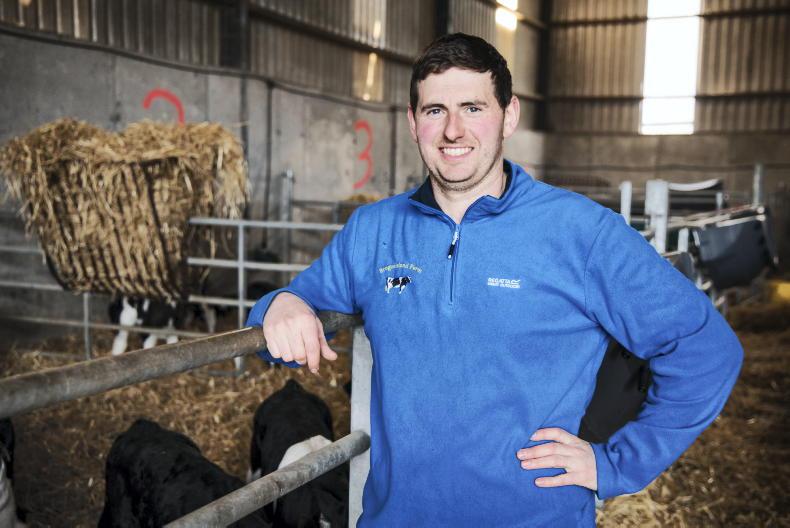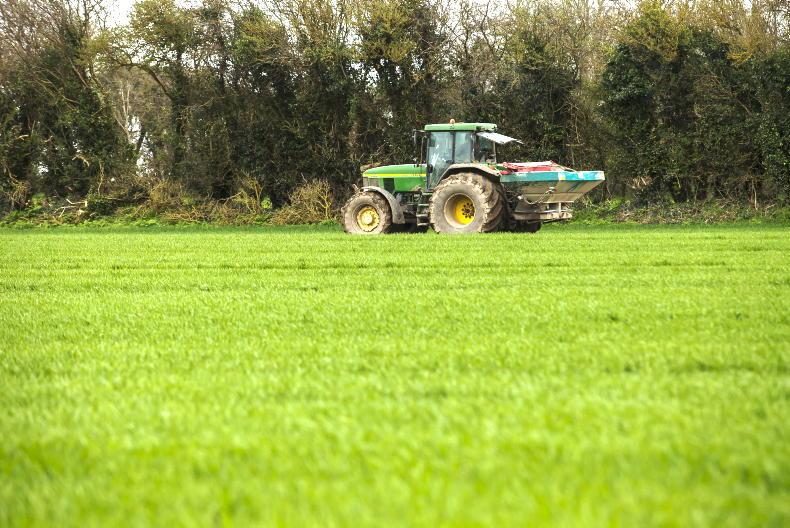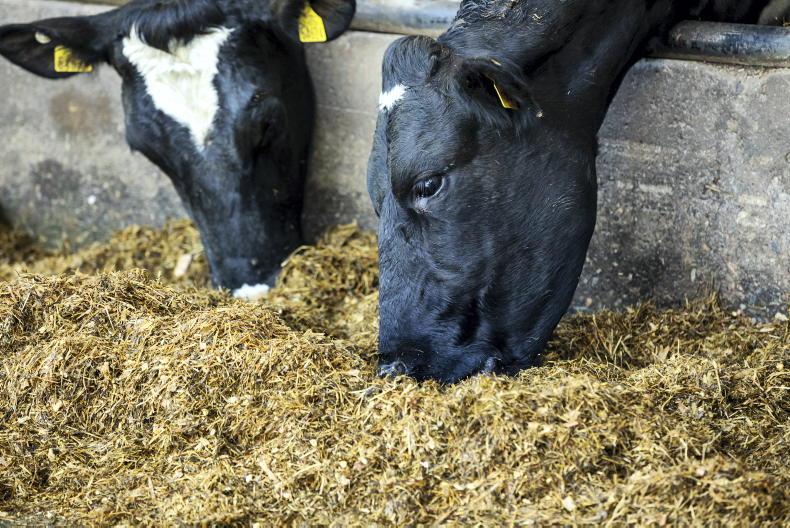A total of 150 jobs are to be cut at Tirlán over the coming months, as the co-operative embarks on a cost-cutting exercise on the back of lower milk volumes coming into its plants and higher operating costs.
Speaking to the Irish Farmers Journal on Thursday, incoming Tirlán CEO Sean Molloy said the job cuts will be on a voluntary basis and are necessary to position Tirlán strongly against future challenges and allow continued focus on product innovation and growth in value-added products.
He said that the voluntary redundancies will be across the business, but focused primarily in three areas:
1. Ingredients.2. Agri-business.3. Central functions.The reduction in employees in the ingredients side of the business will be across the entire ingredients section, from logistics, processing and sales.
On agri-business, he said there are no plans to close any of the Tirlán stores dotted around the country and that investment plans into the store network will continue, as he said that these investments have been hugely successful, but are decided on an individual branch basis depending on the business case.
Technology, including the use of artificial intelligence, is going to be deployed to free up administration and bureaucratic tasks across the agri-business side and he said that at the end of the process, Tirlán will have more farmer-facing employees than before.
In terms of central functions, the use of third party contractors and service providers is going to be reduced, with some tasks ceasing and more going to be taken over by existing employees.
'No change'
“Based on our previous experience, I am confident that we will get the required amount of voluntary redundancies. Importantly, there will be no change to our customers or no change to our strategy. Tirlán is in a very strong financial position and we are going at this from a position of strength,” he said.
He said that declining milk volumes was a factor in determining the scale of the cost-cutting measures, but that the process had started in early spring 2024 and is something the business would have engaged in anyway.
Milk volumes to the co-op are 8% behind compared with the same time last year.
“We are operating in a high-cost environment and it’s difficult to be competitive in a high-cost economy.
"We have seen significant increases in wages and fluctuations in energy costs, as well as being in a strict regulatory environment, above and beyond the nitrates derogation.”
On the derogation, Molloy said that Tirlán is fighting hard to maintain the nitrates derogation, but if it does go, they will have to review the cost structure again.
“We started this process under my watch in early March. It is sensitive, but it’s the right thing to do. It’s the right thing for our farmers, as it puts the business in a better place,” he said.
Tirlán currently has 2,370 employees, so the reduction of 150 employees is 6.3% of the workforce.
A total of 150 jobs are to be cut at Tirlán over the coming months, as the co-operative embarks on a cost-cutting exercise on the back of lower milk volumes coming into its plants and higher operating costs.
Speaking to the Irish Farmers Journal on Thursday, incoming Tirlán CEO Sean Molloy said the job cuts will be on a voluntary basis and are necessary to position Tirlán strongly against future challenges and allow continued focus on product innovation and growth in value-added products.
He said that the voluntary redundancies will be across the business, but focused primarily in three areas:
1. Ingredients.2. Agri-business.3. Central functions.The reduction in employees in the ingredients side of the business will be across the entire ingredients section, from logistics, processing and sales.
On agri-business, he said there are no plans to close any of the Tirlán stores dotted around the country and that investment plans into the store network will continue, as he said that these investments have been hugely successful, but are decided on an individual branch basis depending on the business case.
Technology, including the use of artificial intelligence, is going to be deployed to free up administration and bureaucratic tasks across the agri-business side and he said that at the end of the process, Tirlán will have more farmer-facing employees than before.
In terms of central functions, the use of third party contractors and service providers is going to be reduced, with some tasks ceasing and more going to be taken over by existing employees.
'No change'
“Based on our previous experience, I am confident that we will get the required amount of voluntary redundancies. Importantly, there will be no change to our customers or no change to our strategy. Tirlán is in a very strong financial position and we are going at this from a position of strength,” he said.
He said that declining milk volumes was a factor in determining the scale of the cost-cutting measures, but that the process had started in early spring 2024 and is something the business would have engaged in anyway.
Milk volumes to the co-op are 8% behind compared with the same time last year.
“We are operating in a high-cost environment and it’s difficult to be competitive in a high-cost economy.
"We have seen significant increases in wages and fluctuations in energy costs, as well as being in a strict regulatory environment, above and beyond the nitrates derogation.”
On the derogation, Molloy said that Tirlán is fighting hard to maintain the nitrates derogation, but if it does go, they will have to review the cost structure again.
“We started this process under my watch in early March. It is sensitive, but it’s the right thing to do. It’s the right thing for our farmers, as it puts the business in a better place,” he said.
Tirlán currently has 2,370 employees, so the reduction of 150 employees is 6.3% of the workforce.









SHARING OPTIONS